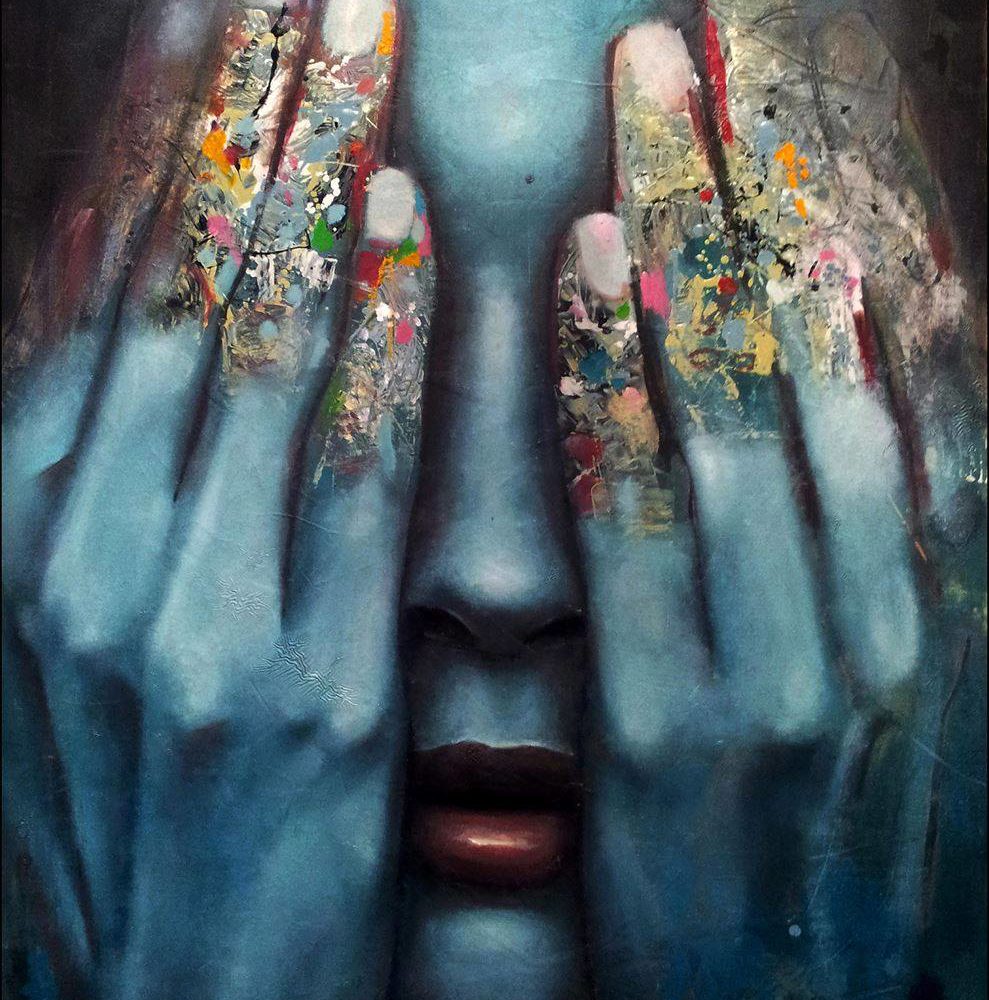A boundary is traditionally defined as “a line that marks the limits of an area; a dividing line” and as “a limit of subject or sphere of activity”. As human beings, it seems as though breaking boundaries has become an integral part of progression, innovation and modernization. As millennials, it’s easy to credit our presently “globalized and modern” world to our ability to successfully break boundaries.
Conversations about race, religion, sexuality, crime, gender, politics, education, discrimination and technology are based on looking beyond the sensitivity of each issue. Nobody is exempt from discussion and no topic is written off the table. It has taken humans countless tragedies and mistakes to realize that pushing these conversational boundaries are necessary in order to ameliorate our societies and ourselves. A boundary in discussion hinders individuals from openly speaking about issues that are of utmost importance when trying to a create a cohesive, fair and peaceful society.
As the world has become increasingly industrialized and globalized, the movement of people and ideas seems to have no limits. The ability to travel, learn, discuss and exchange ideas has gained more praise than ever before. Children dream of being able to visit countless cities, countries and continents. We do not grow up wanting to be stationary within one place. We do not romanticize the idea of being stationary within a state of mind. This exemplifies our desire to push our own boundaries, and in doing so expect and almost force others to do the same.
It is often hard to find the negative aspect of the concept of breaking and pushing boundaries. After all, slavery was not abolished in silence and limited convention. Gay marriage was not legalized in several countries all over the world through the censorship of speech and beliefs. Technology has not developed from a dearth in communication and trade barriers.
Now, we are able to eat food from Mexico, drive cars from Germany, and listen to music from American artists. This new reality creates a perception of a converging human culture. We have a newfound ability to exchange our ideas, values, beliefs and to absorb each other’s cultures like we never have before. But, where does it end? When do we realize than we are not all like each other?
Through the idea that society progresses and improves as we push boundaries, people have lost a sense of individuality. We have become obsessed with the belief that our differences should be ignored because we are all human, rather than appreciate our differences while remembering that we are all human. We are accustomed to claiming that we are colour blind, rather than acknowledge that we can both see and appreciate colour and diversity. We are all all human, but we will never all be the same. Allowing yourself to casually use the *n word as a non-black person does not prove that society has pushed boundaries and progressed. It does not prove that colour has ceased to matter since we are “all humans”. Using the word gay as a synonym of lame, and excusing it because all your friends are gay, does not prove that it is no longer offensive, since society has progressed and eradicated homophobia.
Breaking through traditional boundaries has allowed us to progress, and created a feeling of human togetherness. However, the boundaries that highlight our differences and prevent us from being able to relate to one another are integral for individualism. The absence of these boundaries desensitizes us — makes us feel that we are all alike.
There are certain words you should not say, certain issues that are not applicable to you, and sometimes your opinion holds no value in a particular discussion. That is okay. That is the way it is supposed to be.


NO COMMENT